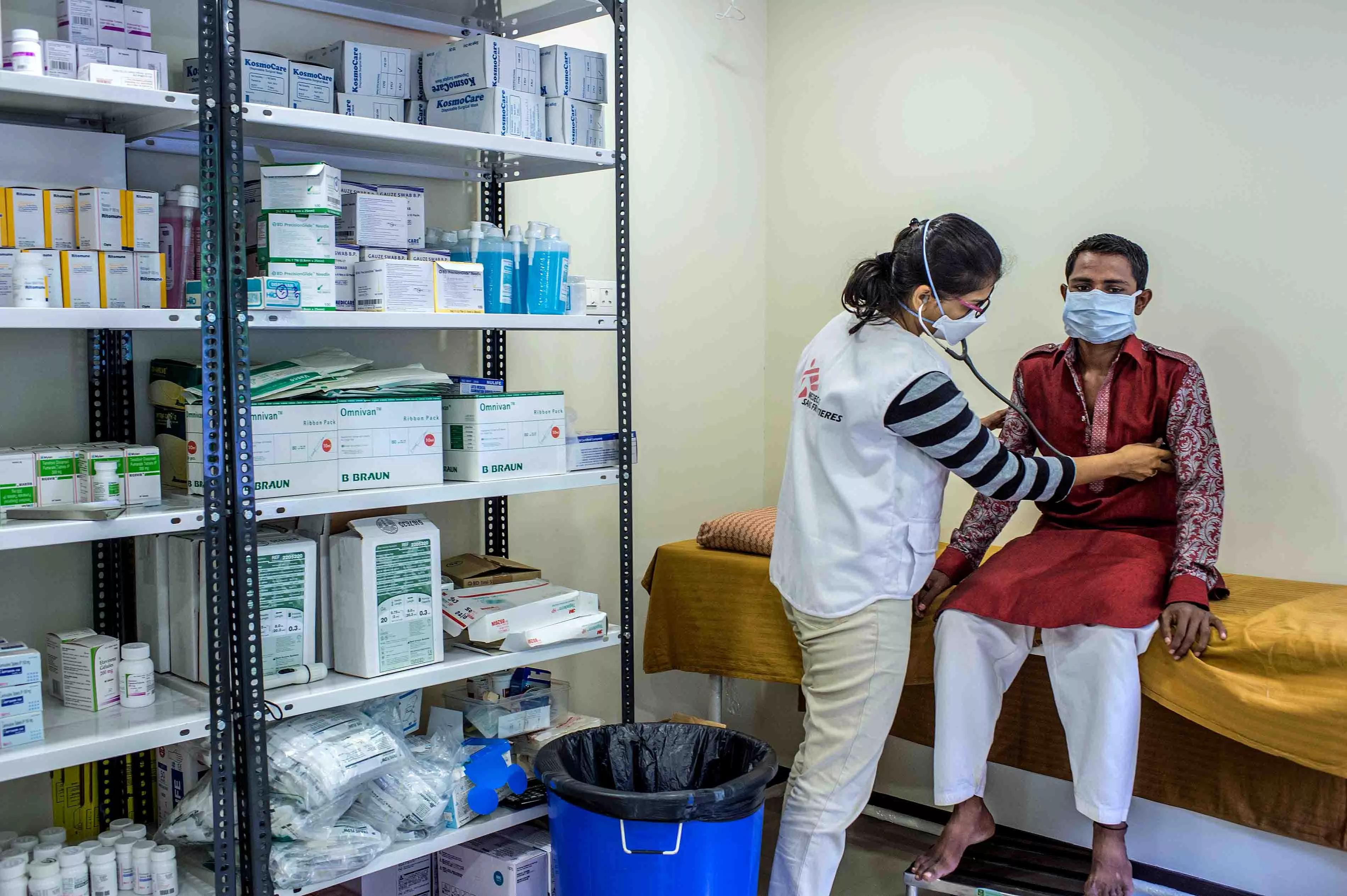MSF responds to UK’s disastrous proposal on intellectual property in UK-India Free Trade Agreement
MSF | 2 November 2022
MSF responds to UK’s disastrous proposal on intellectual property in UK-India Free Trade Agreement
UK IP demands contain provisions that would drastically harm access to affordable, lifesaving generic medicines from India, upon which millions of people around the world rely.
London/Delhi, 2 November 2022 – Negotiations between the United Kingdom (UK) and India on a Free Trade Agreement (FTA) were formally launched in January 2022 and are currently accelerating, with high-level meetings between the two governments scheduled this November on the sidelines of the G20 Summit in Indonesia, according to reports. The demands of the UK in the intellectual property (IP) chapter of the FTA have been leaked by bilaterals.org.
The leaked chapter contains harmful IP provisions that go beyond what is required by international trade rules through the World Trade Organization (WTO)’s Agreement on Trade-Related Aspects of Intellectual Property Rights (TRIPS Agreement). MSF is concerned that these “TRIPS-plus” provisions could undermine India’s robust pro-public health safeguards by requiring the country to change its national IP and drug approval laws to introduce more monopolies on medicines. This, in turn, could have a detrimental effect on the sustainable production, registration and supply of affordable, quality-assured generic medicines from India, upon which millions of people around the world rely. MSF therefore calls on the UK and Indian governments to remove these proposals including such TRIPS-plus provisions from the UK-India FTA negotiation.
For more information on the harmful provisions in the leaked IP Chapter of the UK-India FTA, see MSF’s fact sheet which outlines the issues of concerns and recommends ways forward.
Read also :
- Damaging provisions for access to medicines in the UK-India FTA negotiation text
- UK-India FTA : draft intellectual property chapter (Apr 2022)
Leena Menghaney, South Asia Head, MSF’s Access Campaign :
“The UK’s demands are seeking to gut India’s patent and drug regulatory laws of the safeguards that make it a manufacturing powerhouse. India is a major supplier of many of the affordable, lifesaving generic medicines that MSF and many countries rely on to treat people with diseases like tuberculosis (TB), malaria, and HIV/AIDS. The excessive measures included in the draft IP chapter of the UK-India FTA could jeopardize this.
“Introducing more and more IP hoops for generic manufacturers in India to jump through will have a chilling effect on the country’s ability to supply millions of people around the world with affordable, lifesaving generic medicines. For example, next year, the basic patent on one of the most expensive TB drugs, delamanid, is set to expire, but measures contained in the FTA would delay the availability of more affordable generic delamanid by several years.
“The Indian government must reject these harmful IP provisions and demonstrate its commitment to retaining robust and sustainable production of lifesaving generic medicines at affordable prices.
“Given the disastrous consequences this leaked IP chapter could have on the global supply of generic medicines, the UK government should withdraw it completely. India should stay vigilant and not allow barriers to affordable medicines to be written into FTA negotiations.”






